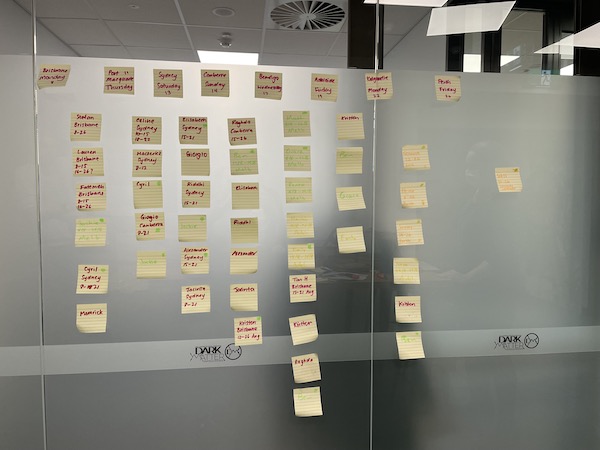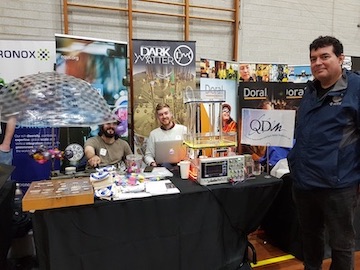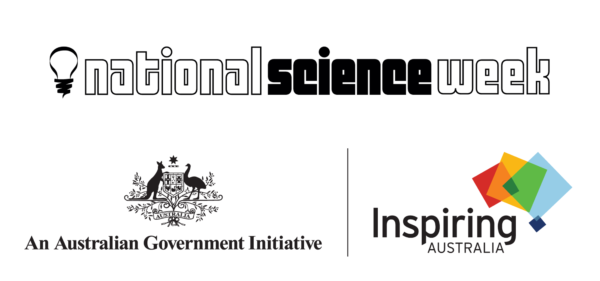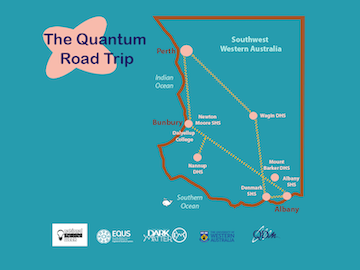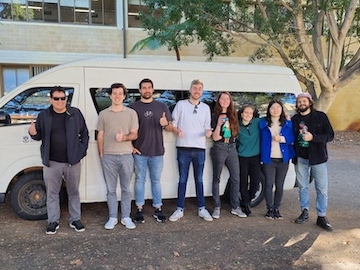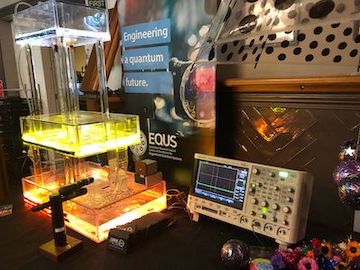Scientists will travel across Australia to share the excitement of quantum technologies and the search for dark matter in the National Quantum & Dark Matter Road Trip, 8–26 August 2022.
The road trip aims to bring particle and quantum physics to regional and rural areas.
Scientists from the ARC Centre of Excellence for Dark Matter Particle Physics (CDM) and the ARC Centre of Excellence for Engineered Quantum Systems (EQUS), which have bases in multiple states and territories, will visit community hubs along a route from Brisbane to Perth, connecting their research centres.
The event has been expanded to travel across the continent after a successful road trip throughout southwest Western Australia in 2021.
Centre researcher Ben McAllister, from Swinburne University of Technology and the University of Western Australia, said the response to the event had been extremely positive.
“Last year’s road trip was an awesome experience — getting out into regional and rural communities to spread the excitement and wonder of science was so rewarding. I’m looking forward to reaching more regional and rural Australians this year.”
CDM Education and Outreach Coordinator Jackie Bondell described the National Quantum & Dark Matter Road Trip as “an interactive travelling science and art show”.
“Quantum technology and the nature of dark matter are key Australian research priorities and are vital to unravelling the greatest mysteries of the Universe,” Ms Bondell said.
“During the trip, which spans National Science Week, scientists from two ARC Centres of Excellence will engage and enlighten the public on the importance of the fundamental scientific research taking place in their own backyards.
“The goal of the program is to visit regional communities to engage audiences of all ages with the cutting-edge science happening here in Australia. Our scientists will provide hands-on activities and give talks in hopes of engaging visitors in conversations about the excitement and the impact of science.”
Funding for the National Science Week activity was announced by the Minister for Science and Technology, Melissa Price, today.
The road trip was among 35 projects that received support in the $500,000 National Science Week grant round.
National Science Week grants provide the opportunity for community participation in high-profile science engagement activities across Australia. They aim to inspire participation in science, technology, engineering and maths, acknowledge and celebrate the contributions of Australian scientists to the world of knowledge, encourage an interest in science pursuits and foster in younger people a fascination in the world we live in.
